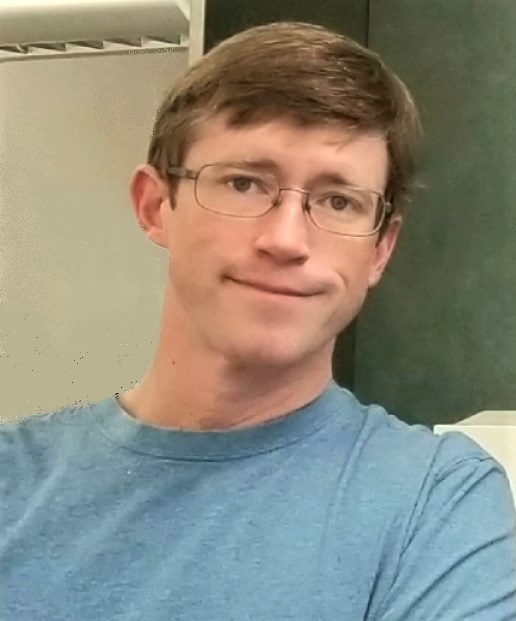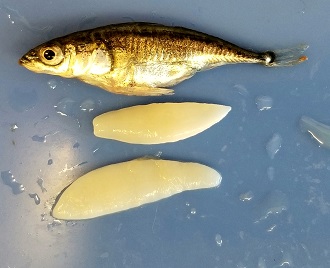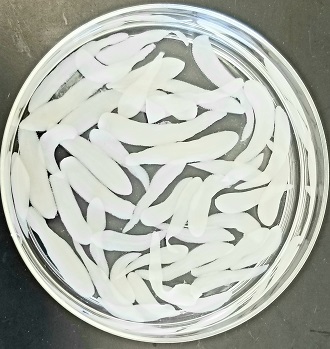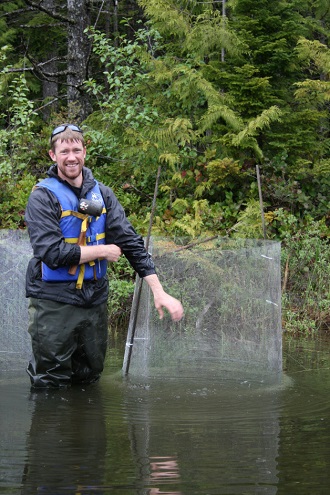About the department:
iBio is a large and diverse department offering undergraduate, masters and doctoral programs. As the title suggests, our faculty’s research interests are highly integrative, ranging from molecules to organisms to ecosystems, with a healthy dose of evolution. We also serve a large group of undergraduates and are responsible for teaching many of the introductory biology courses on campus.
About the research:
Conflicts of interest between hosts and parasites often drive rapid and elaborate forms of evolution. My lab uses genetic approaches to better understand how and why vertebrates coevolve with their macroparasites. We focus on a small fish—the threespine stickleback—and a tapeworm that must infect this fish at some point in its lifecycle. Our main questions include: How do fish evolve to resist or tolerate tapeworms? How do tapeworms evolve to evade or manipulate fish immune systems? And what factors cause parasite infection patterns to vary across space and time?
What has been the biggest surprise so far about being a new PI?
The never-ending necessity of a resilient attitude. After spending a number of years on the job market, two years ago I was fortunate to start as an Assistant Professor at the University of Alaska Anchorage. Finally, I expected to find some stability. Then the University got hammered with a debilitating 40% budget cut in 2019. I honestly came close to throwing in the towel. I’m sure many folks are feeling the same way with this pandemic. But after many conversations with friends and some deep soul searching, I put in a few applications to my “dream jobs” and landed one of them. We are all in this career because we love it, and we have to stick with it, through thick and thin.
Do you have a funny story to share from an Evolution Meeting?
I remember having a ticket to the closing ceremony in the 2007 meetings “forced” on me by my advisor—Hopi. I’m not a huge fan of ceremony, and it took some cajoling before I accepted the ticket. I'm very glad that I did, as three great things happened that night. 1) I sat at a table next to three great people that have since become close friends, 2) I was awarded the first Hamilton Prize, and 3) the person that handed me the prize—Doug—ended up becoming one of my postdoc mentors.
When was your first Evolution Meeting, and how did it affect your career?
My first meeting was actually in Alaska! Not only did I get to see talks by some of my scientific idols and get to enjoy an amazing salmon bake. But my lab mates and I also arranged to do some camping near Denali National Park after the meeting was over. After that visit I always knew that I would be coming back to Alaska in some form or other. Now, I look forward to catching stickleback there every summer for the foreseeable future.
Do you teach evolution? What is the hardest concept to teach?
I have primarily taught genetics, but with a strong evolutionary bent. One of the hardest concepts is probability. I think the trouble comes from the transition between thinking about classical/Mendelian perspectives and more common, polygenic traits. But the students seem more comfortable after we acknowledge the gaps in our knowledge, and that we are constantly striving to not just put a number/probability on an event, but to uncover the molecular dynamics that drive the variability.
Do you have a favorite science podcast or blog?
I adore Dynamic Ecology. Such an amazing group of writers and captivating topics. I'm also a big fan of Shane Campbell-Stanton's podcast: The Biology of Superheroes.
Did you ever have something go wrong in a talk?
My first big talk was a "lightning" session at a Gordon Conference. The session organizer collected my 2 slides and promised to check them out to make sure they worked on the computer system. When I get up to present--NO PICTURES. They apologized profusely and everything went off OK, but always (triple) check your own slides!
 Jesse N. Weber
Jesse N. Weber

